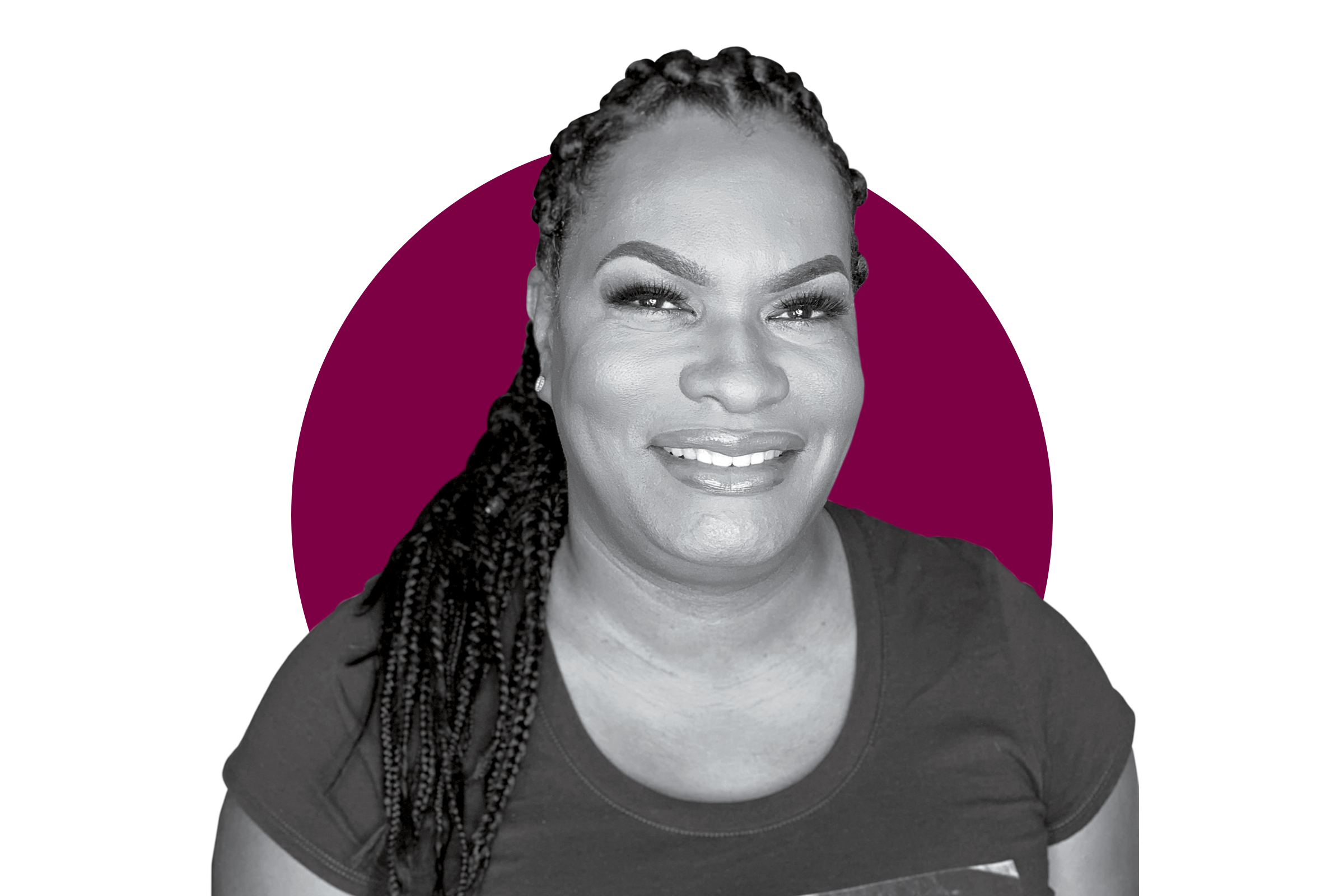
Trans people are not new. We have always been here. As long as there’s been recorded human history, we have always existed. But we have been written out of the human story—and when you come from a community that is without a full range of possibility models, it raises the question, in yourself as well as others, of whether or not you deserve rights or a place in society. Because everything generally in society fails Black trans women, that’s how we get to epidemic levels of violence, mass levels of unemployment and a lack of education for us.
For years, trans people have been marginalized within movements because of the idea that anything not accessible to mainstream society is damaging to the prospect of Black liberation. But we’ve learned from history that this incremental approach has been a failure—because when not everyone has the same rights, the rights of everyone are actually incredibly fragile. In the words of Martin Luther King: “No one is free until we are all free.”
So there cannot be Black Lives Matter without the centering of Black trans women. Because if we’re able to secure the rights for the most marginalized, then everyone is going to have rights. What we’re proposing in this latest BLM moment is a reimagination and an expansion of Blackness—and a fundamental understanding that we’re all going, or none of us is.
Black trans women are essential to creating the future, because when everything fails you, you’re more clearly able to reimagine what it would look like if things worked. This is why Black trans women are, in many cases, the most visionary and progressive leaders within social justice movements. As a leader of the Stonewall uprising, Marsha P. Johnson understood the link between Black civil rights, women’s rights, gay rights and trans rights, and was crucial in the struggle for liberation for all of them.
Now Black trans women are leaders of radical efforts, including Toni-Michelle Williams in Atlanta, who is helping to reimagine how we imagine a world without incarceration; Ianne Fields Stewart who is fighting food insecurity; and Micky B at the Transgender Law Center, who is coordinating a project reimagining Black trans liberation and life across every spectrum. And there are countless others doing the same across the country in every way that you can think of.
The future is trans because the ways we’ve gone about organizing human life have changed in really fundamental ways. Trans people, just through our existence, show the power and the resilience of change, and possibility of how we can do things differently. We are creating a future less defined by gender roles, and defined more by what we can create than what we can destroy. And because we’ve already had to do this work, we are essential to building this future.
The events of the past couple months have created new space for us. But the key thing to remember is that in the long fight for civil rights in the U.S., no one moment is ever definitive. As important as this shift and recognition of Black trans women that’s started to take place has been, we have an incredibly long way to go.
More Must-Reads From TIME
- The 100 Most Influential People of 2024
- The Revolution of Yulia Navalnaya
- 6 Compliments That Land Every Time
- Stop Looking for Your Forever Home
- If You're Dating Right Now , You're Brave: Column
- The AI That Could Heal a Divided Internet
- Fallout Is a Brilliant Model for the Future of Video Game Adaptations
- Want Weekly Recs on What to Watch, Read, and More? Sign Up for Worth Your Time
Contact us at letters@time.com